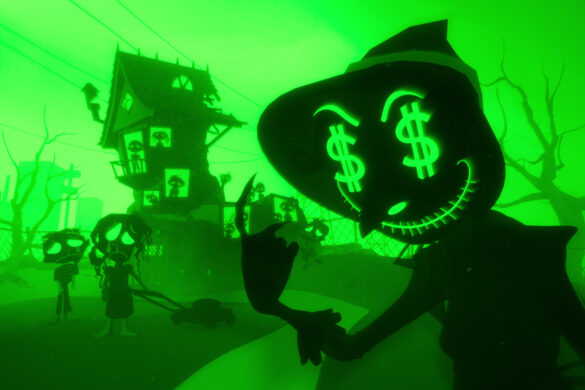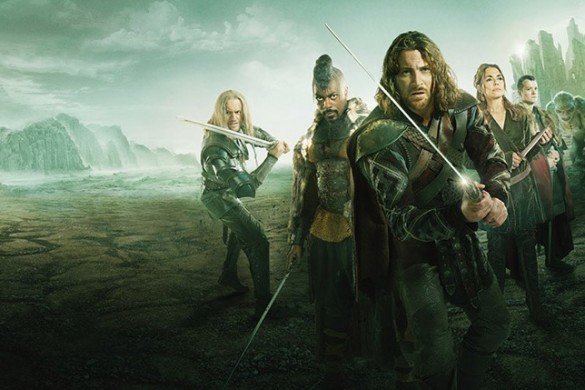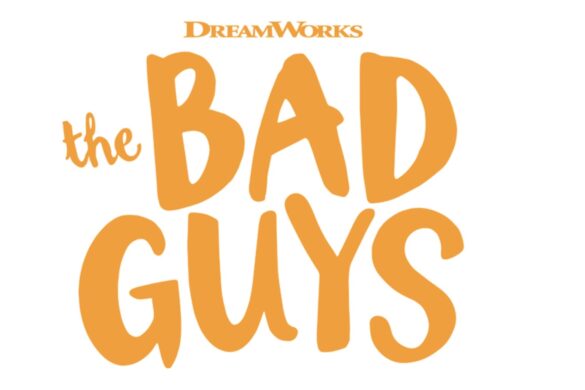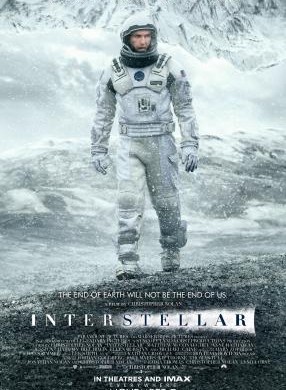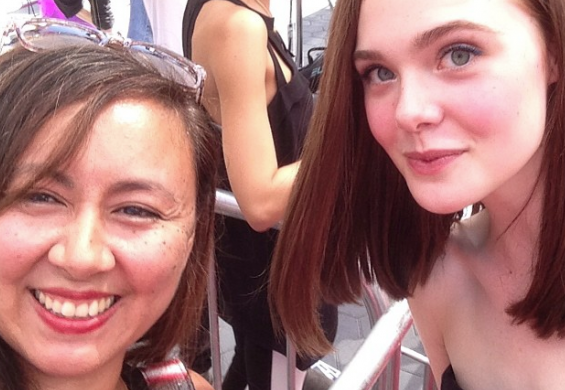David O’Russell’s Amsterdam is based on an almost true story. The period piece stars Christian Bale, Margot Robbie, and John David Washington as three friends who witness a murder and find themselves caught in one of the most outrageous political conspiracies in American history. But the film wastes all of its potential with its poorly conceived storytelling and lack of identity.
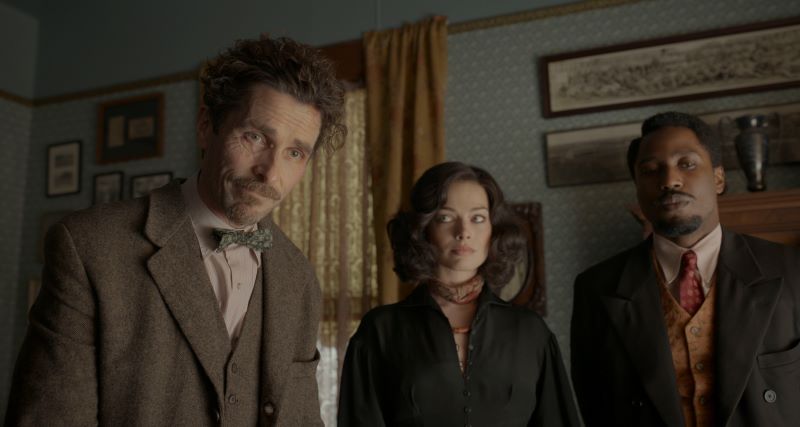
Set in the early 1930s, “Amsterdam” follows Burt Berendsen (Bale), a half-Catholic/Half Jewish doctor with a prosthetic eye and habitual doper who uses experimental drugs to ease his pains from the injuries he received in the Great War. When he gets a call to assist in the autopsy of Senator Bill Meekins (Ed Bagley Jr), Burt reaches out to his best friend and fellow veteran, now lawyer Harold Woodsman (Washington). However, just as they close in on the truth, they are the prime suspects in the murder of Elizabeth Meekins (Taylor Swift).
So, the two try to figure out how to clear their names and uncover the truth, “Amsterdam” flashes back to 1918, when we meet Burt and Harold as fellow soldiers who fought in the Great War. Though the two made a pact to protect each other, they find in a French army hospital, where they connect with nurse Valarie Vox (Robbie), who not only tends o their medical needs but becomes fast friends with them. Burt is horribly disfigured, loses an eye, and is forced to use a back brace. Meanwhile, Harold recovers. As a token of her appreciation, Valarie takes Burt and Harold to Amsterdam, where the latter receives a glass eye to replace the one he lost from intelligence officers Paul Canterbury (Mike Meyers) and Henry Norcross (Michael Shannon). And the three make a pact to have each other’s backs and spend their blissful time taking in art, dance, and culture, in Amsterdam.
Eventually, Harold and Valarie fall for each other, and Burt returns to his estranged socialite wife, Beatrice Vandenheuvel (Andrea Riseborough), who currently resides in New York. As Burt works to establish his own medical office, he starts to experience bigotry and racism from his father-in-law, who demands that he stop seeing vets of color. As such, Burt refuses and proceeds to experiment on himself. And soon, Harold and Valarie split. Soon, the flashbacks end, and we are back in the present time where Burt, Harold, and Valarie’s paths cross once more in the home of Libby (Ana-Taylor Joy) and Tom Voze (Rami Malek), the brother of Valerie. There, they find Valarie, who has become somewhat of a social outcast herself, at least in the eyes of Libby and Tom. The two have worked hard to rehabilitate her image by hiding her away from prying eyes. The married couple then tells Burt and Harold that they must find Gil Dillenbeck (Robert De Niro), who may be able to assist in the case of a murdered senator and his daughter. As they leave, Valarie escapes her imprisonment and tags along for the adventure.
For what it’s worth, “Amsterdam” doesn’t give its audience any reason to care about the characters or their plight because Burt’s exposition through narration spells out everything that will happen in real-time. This removes the audience’s autonomy to experience the suspense independently because they are watching what he narrated just a few minutes ago. It’s unclear if this was designed to make Burt an unreliable storyteller or have fun with Bale’s rare comedy rule, but either way, it doesn’t do anything for the film.
And as Amsterdam is busy trying to be a madcap crime thriller comedy, it also throws Burt’s political perspective on global politics. Sure, everyone can agree that fascist regimes are the worst, but the film reminds us about that on a near-constant basis. The film grabs us by the hand to point out what we should be looking out for through its dialogue and imagery but never gives us the chance to be invested in the story or lose ourselves within the suspense and drama. And the clues about the hidden plot are sprinkled throughout the film, the way some of the characters, like Libby and Tom, Speak, and some of the visual ones when Harold and Valarie visit a mental ward.
But Amsterdam doesn’t have any sense of identity because its story is so convoluted that it takes until the second act to finally get to where it wants to go. Of course, there’s no problem with having a film that explores multiple genres. Still, it is important to find tonal consistency to tell a coherent story to keep audiences interested and engaged. And the film lacks any semblance of that because it spends far too much of its time establishing character dynamics and informing everyone about this exciting friendship forged during The Great War.
And “Amsterdam” makes a point of differentiating choice and need when it comes to love through Burt’s relationship with Beatrice and the romantic spark he has with autopsy specialist Irma St. Clair (Zoe Saldana). Somewhere along the way, there is a beautiful message about love that wants to be conveyed, but it’s not going to be in this film. But since the film’s themes, story, and characters are disconnected, it’s hard to get a sense of that. It’s frustrating how some of these characters pop in and out of the film without explanation. Some are gone for such long periods and then make their return that you forget they were even a part of the film.
What’s more, this disconnect amplifies the film’s loss of identity. The crime caper aspects, murder mystery plot, and conspiracy aren’t as interconnected as the film would like us to think. Nevertheless, the elements are there, and the film has plenty of fun in those individual moments.
If anything, many of Amsterdam’s technical aspects, from the production design, cinematography, and costuming, do their job by taking audiences to a time not easily found. But unfortunately, so much of the film is disconnected that it feels like Russell threw in half-baked ideas but poorly executed its storytelling. And with how the film is edited, the characters don’t seem interested in what’s going on. But because there’s so much story to tell, things get muddled and convoluted. The film lacks clarity and doesn’t give us any reason to be invested in the character’s mortality. Sure, the dangers are there, but it takes far too long to establish the stakes, giving us less incentive to care about the character’s mortality or if they can uncover the plot to overthrow the government.
There’s no doubt that Russell had all of the components – a great cast and an almost true story – necessary to make “Amsterdam” a great film. But in the end, “Amsterdam” is something that looks good on paper but is ultimately dull and hard to look at because of that disengagement, disconnect, and disinterest.
4/10



